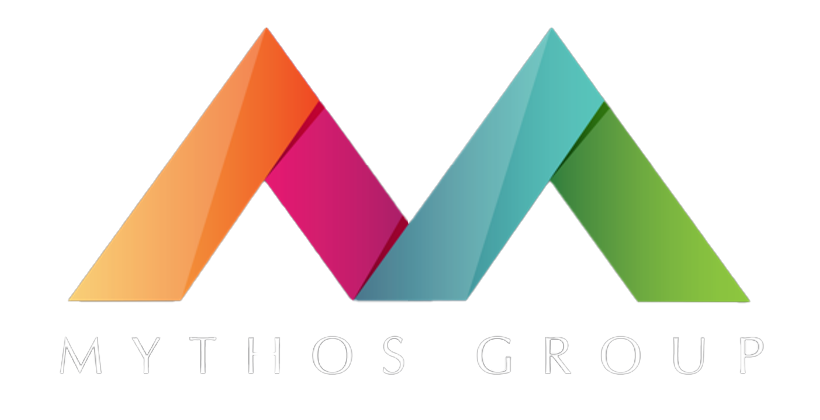Over the last decade, businesses have become gradually more focused on supporting good causes and displaying their goodwill publicly. But over the last year, COVID-19 forced companies to take an even closer look at how they’re truly making a difference. As the pandemic impacted employee wellbeing, company culture, and revenue, organizations could no longer ignore concepts like conscious capitalism and purpose-driven business. Here’s why, and how companies are now being called upon more than ever to act with purpose.
The Pandemic’s Push Toward Purpose
According to Deloitte, company decisions that tie back to an organization’s purpose are particularly important during a crisis, when those companies are under increased pressure and stakeholders are paying closer attention to every move. Purpose-driven organizations tend to thrive in challenging environments, which can be seen over the course of the last year.
Having an overriding purpose is also increasingly important to employees, as they consider their current roles as well as new job opportunities. More and more, employees want to see their organization dually focused on purpose and profit. This means organizations need to identify more as purpose-driven entities, focusing less on the profit and more on the positive impact they can make on society. This, again, became especially important during the global pandemic, when individuals were hungry to see businesses serving others and acting selflessly.
The Benefits Of Purpose
While operating generously in order to help others is a noble path, it’s also one that ultimately rewards the company doing so. Purpose creates meaning, attracts loyal customers, and helps companies transform in the right way. Seventy-one percent of consumers believe the pandemic will force companies to act more responsibly in the long term and 62% think it’s brought about an opportunity to be more thoughtful about sustainability in business models moving forward.
It is up to purpose-driven companies to continue to push for widespread change, so we can emerge from this time better and brighter. How organizations act and respond will remain a beacon for how to conduct business far into the future. The lens we look through today shows that businesses must act in service to:
1) Individuals
2) Broader society
3) The environment
This must remain the lens through which businesses view all decisions, in perpetuity. After all, these heightened expectations for businesses to be leaders, solutions providers, and a force for good, will not fade after the pandemic does. There has never been a more critical time for businesses to focus on—and lead with—purpose.
Shining Examples
Microsoft has led by example numerous times over the last decade with strategic acquisitions that are rooted in purpose. Most recently (and notably), the technology giant acquired Nuance for $19.7 billion. This acquisition of the leading conversational artificial intelligence (AI) and speech recognition technology company made good business sense, but also promised to benefit society on a larger scale, as the technology helps free up healthcare workers’ time. This move to benefit and bring relief to an industry so heavily taxed by the pandemic, and so crucial to daily life, is a testament to Microsoft’s focus on purpose.
Finally, it’s important to note that not all purpose-driven organizations will look the same. Some, like Microsoft, may use mergers and acquisitions in order to achieve larger objectives while others may have a more direct mission to help society. In fact, there has been a substantial rise in the number of certified B Corp companies over the last five years, tripling to around 3,500 currently. This type of organization has demonstrated a fundamental commitment to balancing purpose with profits, and many of the younger generations are choosing to patronize such companies with their purchases.
One example of a certified B Corp in the technology world is Sezzle, a fintech that’s on a mission to “help everyone pursue financial freedom, and to invest in social good initiatives that shape a better world.” However, a company chooses to fuel growth, it’s clear that purpose is just as important as profits in today’s business landscape.
Businesses have been increasingly more purpose-focused over the years, but COVID-19 accelerated the need for all companies to work toward a North Star of kindness and altruistic principles. As organizations continue to embrace such an ideal model, companies themselves, along with their employees, customers and the greater population will all benefit. Now that’s rich.
To learn more about how organizations can thrive in a post-pandemic world, download the full white paper: “Post-COVID-19, Reimagining Strategies For Workplace Resilience.”







